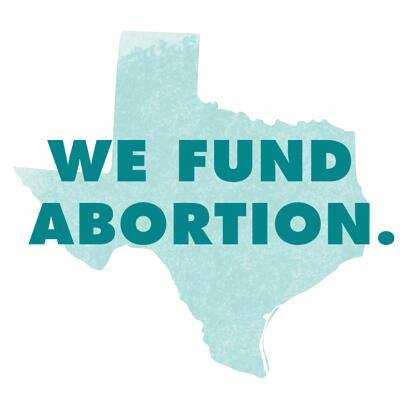
MARSHALL, Texas — The American Civil Liberties Union (ACLU) has filed suit against seven east Texas towns over recently-passed ordinances prohibiting abortion facilities and abortion advocacy groups from operating within their borders, considering such entities to be “criminal organizations.” There are no abortion facilities in any of those towns, but the ACLU argues — on behalf of two statewide advocacy organizations — that those non-provider groups are seemingly likewise prohibited from “carrying out their work” within city limits.
“Lilith Fund does not know whether the ordinances will subject them to prosecution for their advocacy work, such as their billboard and social media campaigns,” the lawsuit states. “TEA Fund is likewise unclear as to whether its current work and planned work will subject it to liability.”
The ordinances passed by the small Texas towns declare, “Organizations that perform abortions and assist others in obtaining abortions are declared to be criminal organizations. … It shall be unlawful for a criminal organization … to operate within the city. … This includes, but is not limited to, offering services of any type … renting office space or purchasing real property … [or] establishing a physical presence of any sort.”
However, with the exception of one town (Waskom), the ordinances add that “[a]ny organization which merely provides birth control devices or oral contraceptives to prevent pregnancy, or which merely dispenses emergency contraception, and does not perform abortions or assist others in obtaining abortions is not declared to be a criminal organization.”
The statutes specifically list a number of groups by name, including Planned Parenthood, NARAL Pro-Choice Texas, The Afiya Center, Jane’s Due Process, The Lilith Fund for Reproductive Equity and the Texas Equal Access Fund.
The ACLU complaint outlines that Texas Equal Access Fund is planning on expanding its advocacy “particularly in rural areas in north and east Texas … [and] hopes to send people to east Texas towns to discuss their personal experiences with abortion in order to break down the stigma associated with it.”
The Lilith Fund, which similarly seeks to “break down the shame and stigma associated with abortion by bringing it into the open,” holds events throughout to the state to educate residents about abortion access but feels that it is being kept out of those towns.
While also expressing uncertainty as to whether the ordinances apply or not, the ACLU asserts that the laws “suppress lawful speech about abortion and other reproductive healthcare,” “discriminate against speech that has a pro-choice viewpoint,” “restrict the rights of Plaintiffs and their staff to associate within and with individuals in these cities on issues of abortion and reproductive healthcare,” and “unconstitutionally punish them” by considering them to be criminal.
“The ordinances subject Plaintiffs to civil liability if they ‘operate within’ any of Defendant cities,” the legal complaint reads. “This includes offering services of any type, renting office space or purchasing property, and establishing a physical presence of any sort — but is not limited solely to those three types of conduct. Because of the undefined scope of prohibited conduct, Plaintiffs and others are unsure of what they are barred from doing.”
The complainants are seeking a declaration that the ordinances violate the First Amendment to the U.S. Constitution, as well as the Due Process Clause in being vague.
The towns named in the suit are Waskom, Naples, Joaquin, Tenaha, Rusk, Gary and Wells. Read the legal challenge in full here.
As previously reported, city council members in Waskom, Texas was the first to pass the ordinance, voting unanimously last June to disallow any abortion facilities from doing business within its borders. The approved ordinance contained the exceptions of rape, incest and life of the mother — language not included in the original proposal, but later inserted by an attorney reportedly out of the belief that doing so would withstand a challenge before the U.S. Supreme Court.
The cities of Omaha and Naples, Texas soon passed similar ordinances, but with the notation that those who illegally commit abortions in violation of the new law will not be punished “unless and until” Roe v. Wade is overturned, and even then, no mother who obtains or performs an abortion may face criminal or civil penalties.
Mark Lee Dickson of East Texas Right to Life remarked on Tuesday that he finds the ACLU lawsuit to be without merit.
The lawsuit is “brought to deter and intimidate cities from enacting these ordinances, which are entirely constitutional and consistent with the laws of Texas,” he said. “We have a legal team ready to defend these ordinances at no charge to the cities, and we are prepared to defend all other cities that enact these laws at no charge to the taxpayers.”
“We are eager to defend these ordinances in court,” Dickson wrote. “With the new membership on the Supreme Court, we welcome court challenges to abortion laws that will weaken and lead to the eventual overruling of Roe v. Wade.”
Become a Christian News Network Supporter...


